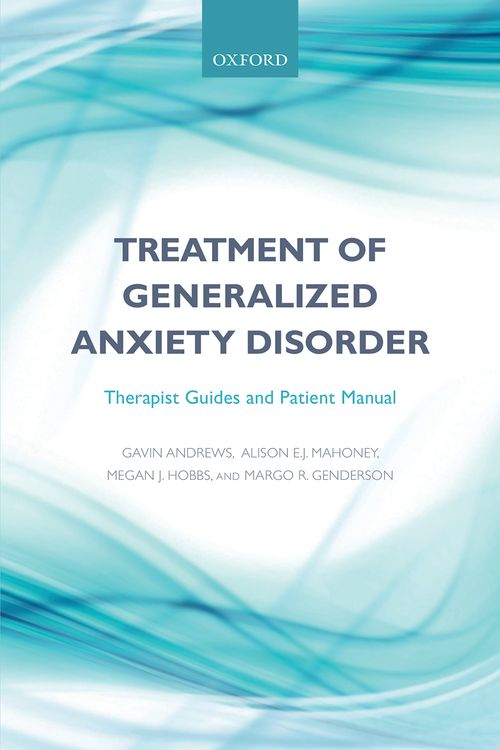Everybody worries some of the time – it is natural and normal to do so. Generalised Anxiety Disorder (GAD) is characterised by a tendency to worry habitually. The anxiety and worry tends to be excessive (i.e., out of proportion to the situation) and is uncontrollable (i.e., it is hard to stop worrying or the worry keeps on returning). The worry tends to be generalised (i.e., about a number of everyday things) rather than about one specific thing. For example, it is common for someone with GAD to worry about things such as relationships, finances, work, ‘doing well enough’, dying, their health, safety of family members, and so on.
What if I’m worried about my worry?
Often people with GAD begin to worry about the worrying. People with GAD may also have particular beliefs about their worry, for example:
Beliefs that worry is ‘bad’:
- My worry is killing me
- Worry will give me cancer
- I will worry so much that I will go crazy
- If I worry about something it will come true
- It is bad to worry and feel anxious
Beliefs that worry is ‘good:’
- My worry helps me solve problems
- Worrying about something will prevent it from happening
- If I worry about this then I won’t be taken by surprise when bad things happen
People with chronic worry often find it very difficult to tolerate uncertainty. They may find it difficult to tolerate that fact that they don’t know what will happen in the future, or how things will work out for them. As a result, the individual may repeatedly have “what if….?” thoughts or seek reassurance from others. For example, a person who constantly worries about losing their job might seek reassurance from their boss that their job is safe. They might also become perfectionistic in their work, or obsessively check for mistakes as a way of reassuring themselves that they will keep their job. Whether reassurance comes from others or themselves it provides only short-term relief. The worrying quickly returns and further reassurance is required, and so the cycle of worry keeps on going. Learning to become more tolerant of uncertainty can be an important part of overcoming worry and anxiety.
Other psychological signs of GAD
Chronic worry is also associated with key psychological symptoms including:
- Becoming easily upset and/or irritable
- Difficulty concentrating (because your mind is occupied with worries)
- Difficulty relaxing
- Feeling constantly alert
- Experiencing a constant flurry of thoughts (i.e., your mind is never slow or quiet)
- Difficulty tolerating disruptions or obstacles that prevent you from doing what you would like to do
- Feeling overwhelmed
- Perfectionism
Physical signs of GAD
In GAD, worry is typically associated with physical signs of stress including:
- Muscle tension and aches
- Stomach aches, headaches, nausea
- Feeling restless or on edge
- Difficulty sleeping (particularly falling asleep)
- Fatigue (feeling tired and worn out despite sleeping well)
Treatment for generalised anxiety disorder
Many people with GAD report that they have always been ‘a worrier’, suggesting that it can be a long-standing problem, or even a habit. The good news is that GAD can be successfully treated. The recommended treatment for GAD, Cognitive-Behavioural Therapy (CBT), involves teaching individuals to replace the worrying with other, more helpful, ways of handling anxiety. Sessions may involve a combination of the following skills:
- Relaxation skills
- Problem-solving skills
- Containing and controlling worry using an allocated ‘worry time’
- ‘Worry exposure’, which involves writing in detail about anxiety-provoking situations to make the fear more concrete and to facilitate problem-solving
- Mindfulness – observing thoughts and feelings as if from a distance without judging them
- Learning to tolerate uncertainty and/or imperfection
- Identifying and challenging worries that fuel anxiety
- Identifying and challenging beliefs about the usefulness of worry
- Changing particular behaviours that are maintaining the worrying, such as avoidance and reassurance-seeking
If you would like to find out more about our treatment for Generalised Anxiety Disorder (GAD), or to book an appointment with one of our clinical psychologists who provides treatment for this condition, please make an enquiry or call the clinic on 02 9438 2511.


